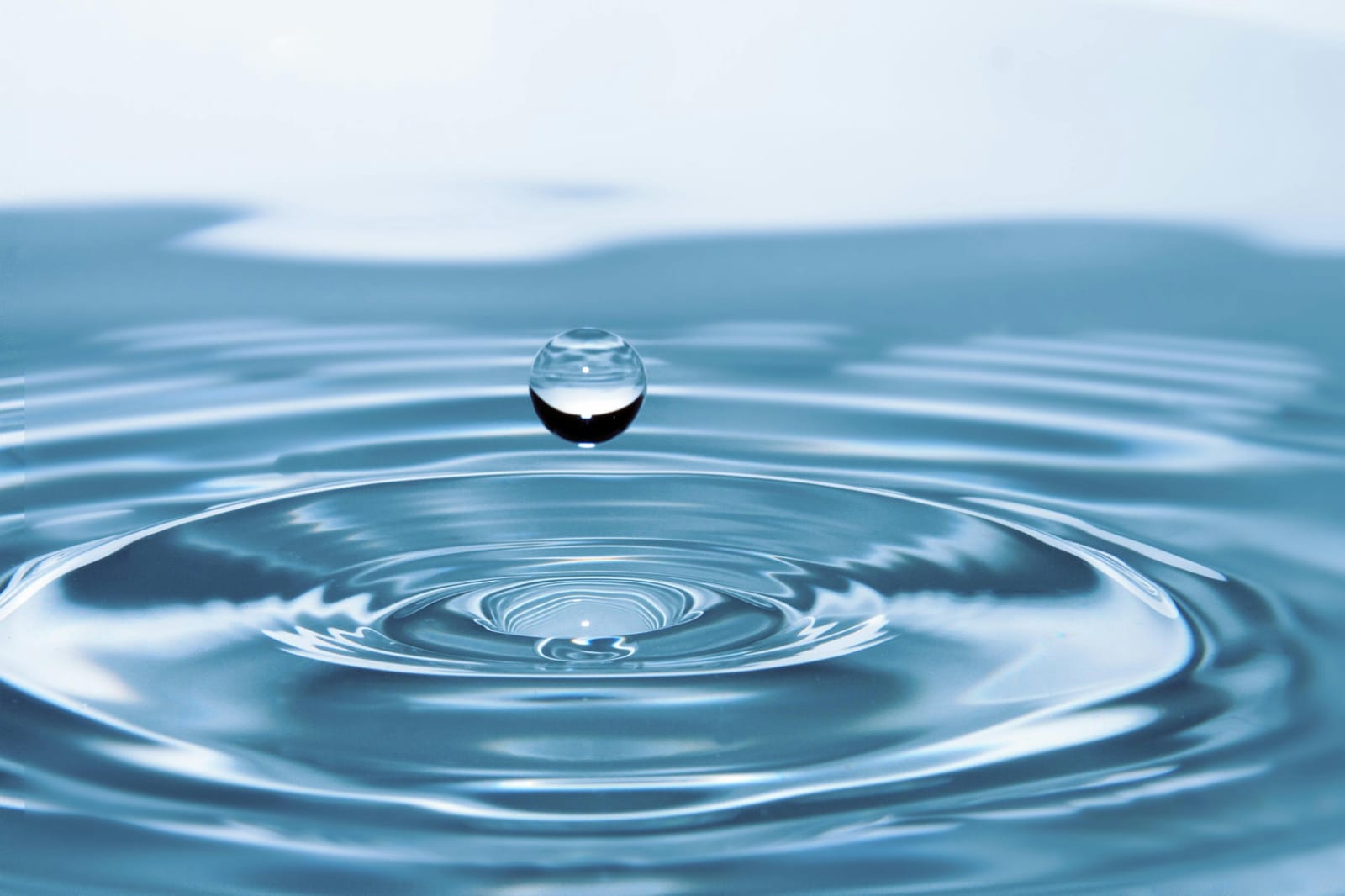Why water is so important or Benefits of water
Water is important for many body functions such as lubricating joints, transporting oxygen in the body, and preventing kidney damage. Approximately 60% of the body consists of water, and approximately 71% of the Earth's surface is water. Perhaps it is true because water is everywhere and water is not a top priority in everyone's daily diet.
Tips on drinking water:
60% of the adult body is water and approximately 90% of our blood is water. There is no universally agreed upon amount of water you should drink each day. Water is important for health and other things in the body. The risk of skin dryness and wrinkles increases after drinking water. Drinking water instead of soda can help you lose weight.
Benefits of Drinking Water:
All cells and organs in the body need water to function properly. Here are some reasons why our body needs water:
1. Lubricates the joints. Cartilage is found in the joints of the spine and intervertebral bones and contains approximately 80% water. Long-term dehydration can reduce the joints' ability to absorb shock, causing joint pain.
Water is important for many body functions such as lubricating joints, transporting oxygen in the body, and preventing kidney damage..
2. It produces saliva and mucus. Simum helps us digest food and keeps our mouth, nose and eyes moist. It also prevents friction and damage. Drinking water can also keep your mouth clean. Using water instead of soda can help reduce cavities.
3. It allows oxygen to be transported to the whole body. More than 90% of blood is water and carries oxygen to different parts of the body.
4. It can improve skin health and beauty. Dehydration can damage the skin and increase the risk of premature wrinkles.
5. It cushions the brain, spinal cord and other sensitive tissues. Dehydration affects brain structure and function. It also plays a role in the production of hormones and neurotransmitters. Chronic dehydration can cause problems with thinking and feeling.
6. It regulates body temperature. When the body is hot, the water stored in the middle layer of the skin reaches the skin in the form of sweat. It cools the body when it evaporates. in motion. Some researchers suggest that drinking more water may improve performance during intense exercise. More research is needed to confirm these effects, but being dehydrated for more than 30 minutes during prolonged exercise has been shown to reduce performance.
7. It helps digestion. Water is necessary for proper digestion. Water is needed for the intestines to function properly. Dehydration can cause digestive problems, constipation, and excess stomach acid. It also increases the risk of heartburn and stomach pain.
8. It removes waste products from the body. Some of the sweat, urine and feces contain water. Drinking water helps replace lost water and help the body function properly.
9. It helps control blood pressure. Lack of water can cause thick blood and high blood pressure.
10. It encourages breathing. When there is not enough water in the body, the respiratory tract narrows, which can lead to asthma and allergies.
11. It makes food and nutrients easily accessible. These dissolve in water and become accessible to the body. Water also helps remove waste products from the body.
12. Prevents kidney damage. The kidneys maintain the fluid balance in the body. They filter waste products from the blood and release them in the urine.
13. It improves sportsmanship. Some researchers suggest that fluids may improve athletic performance.
14. lose weight. Drinking water instead of soda can help you lose weight. Drinking water before a meal can make you feel good and help prevent overeating.
15. It can reduce hangover symptoms. Replacing water with alcohol during celebrations can help reduce alcohol consumption.

Kidney Damage:
Water helps break down food and nutrients, making them more accessible to the body. Kidneys play an important role in regulating body fluids. These two functions make water important for the kidneys. The kidneys filter approximately 120-150 liters of fluid and remove approximately 1-2 liters of waste and excess water every day. The role of the kidney is to filter waste products and excess fluid from the blood. If the kidneys are not working properly, waste products and excess fluid can accumulate in the body. Untreated kidney disease can lead to kidney failure. The body is failing and dialysis or a kidney transplant may be required. Urinary tract infection (UTI) is the second type of infection in the body. There are approximately 8.1 million doctor visits each year in the United States. Urinary tract infection will be more serious if the infection spreads to the kidney. Sudden or severe kidney disease can be life-threatening, especially if there is sepsis.
Kidney Stones:
Kidney stones can affect the functioning of the kidneys. Having them puts you at risk of permanent kidney damage. Water helps remove waste materials from the body and facilitates the absorption of nutrients by the body. It also helps remove waste products from the body. Kidney stones are a health problem and disease. They affect more than a million Americans each year. People with kidney stones have a higher risk of developing kidney disease. The biggest cause of kidney stones is lack of water. People who report these problems often do not drink the recommended amount of water each day. If left untreated, chronic kidney disease can lead to kidney failure. The most common symptoms of urinary tract infections are pain or burning during urination and the need to urinate quickly. Urinary tract infection can become more serious if the infection spreads to the urinary tract. They can be sudden or severe, and kidney damage can be life-threatening, especially if there is sepsis.
Recommended Blogs


Mansab Ali


Mansab Ali


Mansab Ali


